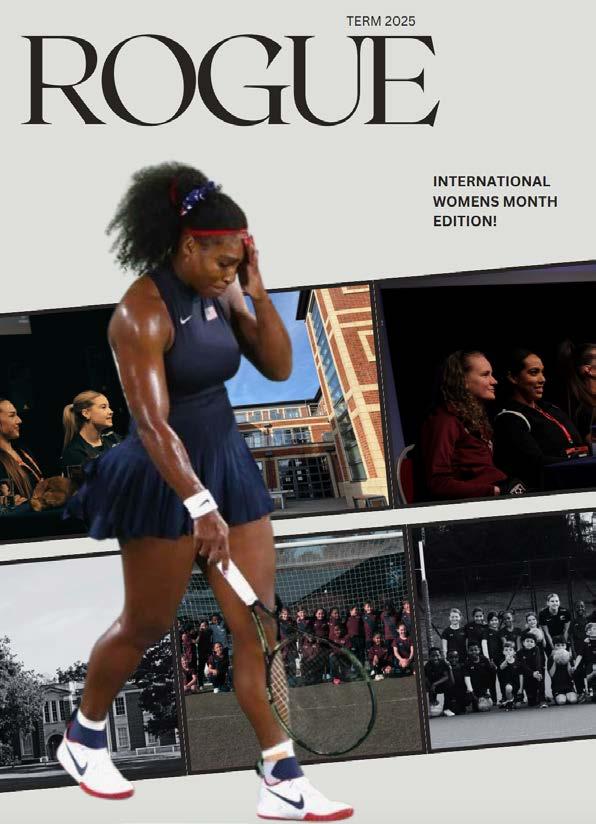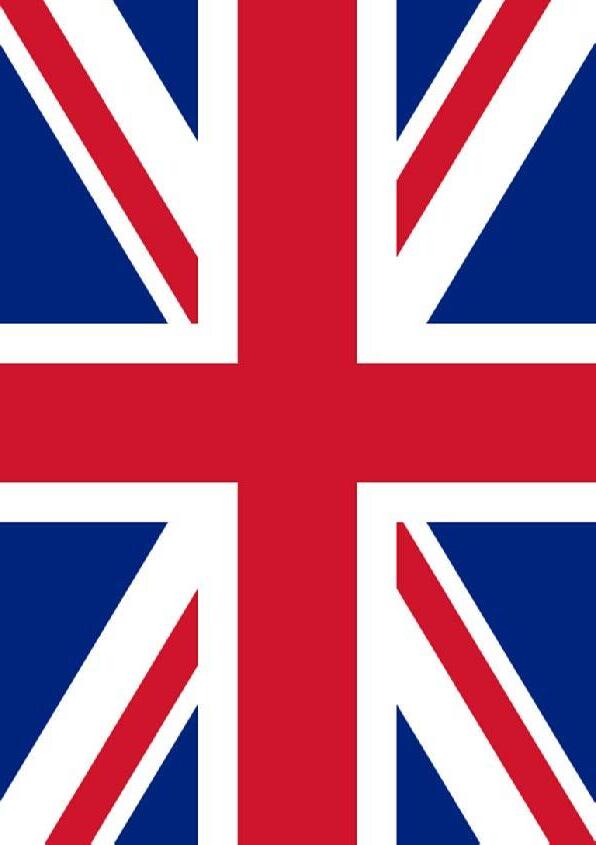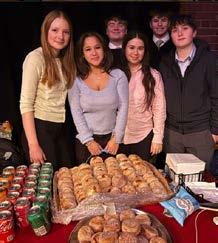




Fasting during school is definitely challenging. Many may run on low sleep which can leads to poor concentration in class, whilst others may be extremely dehydrated which leads to headaches. The list goes on. As well as these concerns, being the only one fasting out of all of your friends can be very frustrating as well. But there are ways to combat these problems so you can fast with as much ease as possible, whilst also still being able to perform your best academically!
1. Eating a variety of foods: When you eat a variety of foods after sunset, you will feel more fulfilled and healthier than if you eat the same dinner every night with minimised nutrition. Now, more than ever, your body requires good nourishment to compensate for the stress of fasting. Focus on consuming, whole grains, vegetables, fruits, lean protein, healthy fat.
2. Portion size: Your body takes about 20 minutes to register its had enough to eat, this means to not go overboard with the eating during iftar. Eat with a slow pace and mindfully, not matter how hungry you are, as stuffing your face quickly will do more harm than good. If you do this, your body will feel less stress and you will get more energy than eating huge amounts at once which could tire you.
3. Finding out what works for you: Depending on if you prefer to be productive after iftar or go to bed after sunset and stay up after suhoor to be productive is up to you. Just ensure you get around 8 hours of sleep, as making sure your well rested is just as important. If you are running on a lack of sleep while fasting, your body will be put under more stress. And take into account if you plan on praying taraweeh as it will take a bit of extra time from your night, but its still possible to ensure you get enough sleep by taking nap/naps throughout the day.
Some additional fuel tips for athletes:
1. Prioritise carbohydrates and protein during post-sunset and pre-dawn meals
2. Choose calorically dense meals and snacks to help meet your needs
3. Consider drinking electrolyte- containing water to optimise your hydration
4. Manage constipation with enough hydration and fibre
5. If able, consider training in the morning or evening (close to eating times) to be able to better fuel and recover with enough nutrition - Alveena Javaid



Education in the UK in recent years has been thrust into the spotlight of critique into the colosseum of political actors, with Labour’s private school tax being the subject of much controversy as state schools are often slammed for their poor standard of education. In a rare occasion in politics, both the right, left and centre agree that public education is not up to standard and needs to change, but they disagree on what the solution to this is. Some people, typically on the right of the spectrum, believe it is a problem with the institutions itself, with Ofsted not being effective enough and school mismanagement blundering the funds they have. However, some of the more left areas of the political circus argue that the issue has stemmed from generational underfunding of state, and that the system needs to be backed more in order to become sufficient.
The education system in the UK exists in two parts: the state school system which is free to attend and is funded by the state, and the private school system which requires a fee to attend and is ran by a private institution, even though many of them run under a trust. The private school system in the UK is unalike any in the world. Many countries in Europe do have private schools, but exist for specific niches (for example teaching GCSEs in France, or being a religious school), while up to 8% of all UK children are currently in the private education system. This disparity creates further tension about the UK education system. People on the political right argue it incentivises hard-work, as all people theoretically want the best for their children. Some on the political left argue this system is dysfunctional, as it inherently creates an inequality from a young age in opportunities people get, which leads to generational inequalities.

Recent governments have made attempts to rectify the situation, with varying levels of success. From back to Tony Blair, his main three policies in government were “education, education and education”, however the success of his claims can be disputed, as while he did put lots of money into the sector and spent lots of time reforming it, some of the problems attributed to the education system can be traced back to that New Labour government, including the increasing of the private sectors role meaning people from less privileged backgrounds were disregarded. Furthermore, later years’ attempts to change the system, such as the pupil premium scheme increased by the coalition to around £16,000 was a welcome change, which meant more families could access school uniforms for free if they made under £16,000, however still today many families are priced out by branded school uniform at schools.
At the end of the day, like most issues, I believe it is a problem on both ends of the spectrum. On the one hand, the institution does have problems, such as branded school uniforms being too expensive for many people, and schemes like pupil premium are useful but aren’t helpful to all families. However, on the other hand, some of the problems within the system can be attributed to the period of austerity and the cutting of public services, as many state schools across the country still face issues in regards to funding today. Regardless, the solution will require a complete overhaul of education as we know it, and it will take a really dedicated politician or party to truly solve the issue.
- Johan Prinsloo

On the 13th of February, the year 7s were invited to attend a disco organized by Romy Stephenson and helped by Zoe Graham, Finlay Fowler, Katie Steele, Jasmine Rihal, Hayden Randall aimed at raising funds for the organization Lives Not Knives. The disco was held in the Performing Arts Centre (PAC), which was turned into a dance floor with bright disco lights for our enthusiastic Year 7 students.
The disco took place during lunchtime and had an entry fee of just 1 pound, around 50 students filled the PAC, who were excited to participate in this fun-filled event. The PAC was filled popular music thanks to Mr Asare djing , which got everyone dancing. To add the team also provided, delicious donuts and many drinks available for only 1 pound each. The sweet treats proved the dancers with energy to carry on dancing and everyone had a great time.
The event not only provided an opportunity for Year 7 students to socialise and enjoy themselves but also raised awareness for a meaningful cause. The funds collected from the disco will be donated to Lives Not Knives, a charity dedicated to reducing knife crime and promoting a positivemessage among young people.
Overall, the Year 7 disco was a success, all because of the effort put in by the sixth-form students. A big thank you to all the students and staff, who contributed to making this event possible and making a difference.

As a part of the Year 13’s legacy project, they came up with the initiative of ‘Culture Week’ at Royal Russell. As a part of this, they came up with ways to raise money for the charities: JRF and UNICEF, through the use of cupcake sales, face painting and cultural clothes day. These were also accompanied by the mixed netball and football World Cup replica and a showcase run by the year 12 team. Culture week was a school wide event, even reaching the junior school in the last week of the term before easter!
There were 2 talks during the week on the Monday and the Tuesday. One of them was a video by Royal Russell’s very own Mr Mosley, discussing the variety of cultures within the society of our school. We also had a year 12 pupil, Uliana Tokolova, talk about Maslenitsa, and how it is from her Russian culture.


What are the goals of these charities?
The JRF charity aims to “inspire action and change that will create a prosperous UK without poverty”. This happens through their research into policies and their development, gathering insight and supporting grassroot movements. They believe that as a charity, they are unusual, down to their embracement of methods, and them trying to create bonds and bridges between people working in different areas in an attempt to shape change, focusing on directional, systematic and infrastructure change.
The more well-known charity that Royal Russell supported during culture week was UNICEF, with 17 key aspirations, including No more poverty, hunger and good health-care. To reach these goals, the charity is kept very busy with a variety of solutions to many problems. An example of this is how they have tackled the problems of malnourishment throughout the world, as they have programs in 130 countries, helping people who are far less fortunate that us at Royal Russell!
The year 12 team led a successful showcase on the Thursday, consisting of 8 performances from 7 different cultures. This celebration of the diverse cultures within our community was done through singing, dancing and musical instruments. The age groups that performed within this ranged from year 7 to year 13! The showcase ended with a delayed cupcake sale as people left, continuing to help the year 13s raise money for their chosen charities.
On the final day of culture week, people came in their cultural dress or clothes that represented their cultures, continuing to demonstrate the representation entailed within Royal Russell. Whilst this went on, at both breaktime and lunchtime, face painting went on, with people having their cultures’ flag drawn on them! This was a successful way to end the week, and to celebrate our pupil-led leadership team for this school year.


On behalf of the Heads of School we would like to say thank you to everyone at Royal Russell for your participation in our various events this week. Year 7 and 8 pupils used their creativity and talent to create posters, pictures, and videos representative to their culture, and the winners will be chosen next week. We had our cupcake sale and facepainting to raise money for our charities JRF and UNICEF, various talks in the library celebrating culture, a successful Year 12 led cultural showcase on Thursday night and Cultural Clothes day on Friday. Additionally, our highlight of the week was the mini ‘world cup’, which Year 11 and sixth form had in their games afternoon where mixed teams competed in netball and football competitions, Year 7-10 will have theirs next week. So, thank you all for being a part of the week. Culture week was created to celebrate the diversity in our school. Its purpose was to encourage questions to be asked about other cultures and gain a deep understanding of the beautiful parts of everyone’s culture which helps shape their identity.
Priscilla Obeng, Zoe Graham, Jasmine Rihal, Emily Hayden de Carbonnieres Tahnee Dione and Toby Cascarini.
